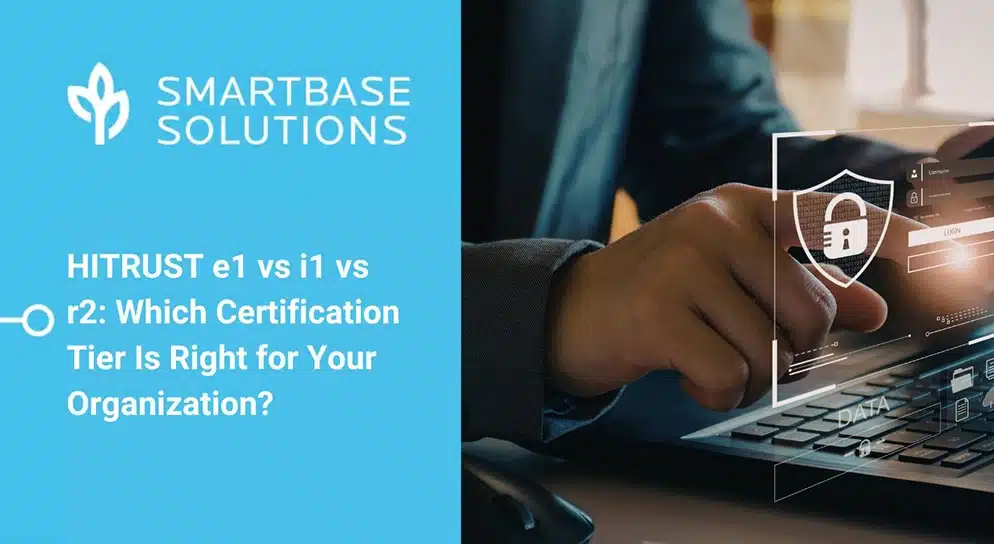As businesses increasingly rely on cloud infrastructure, security remains the top concern for IT leaders. With rising cyber threats, evolving compliance requirements, and advancements in cloud technology, organizations must stay ahead of the curve to ensure data protection, performance, and cost efficiency.
Here are the top trends shaping secure cloud hosting in 2025—and what businesses need to do to stay resilient in a rapidly changing digital landscape.
The Future of Secure Cloud Hosting: 7 Trends for 2025
1. Zero Trust Architecture Becomes the Standard
Why It Matters:
The traditional “trust but verify” approach is no longer enough. Zero Trust security, where every access request is authenticated, verified, and monitored, is quickly becoming the industry standard.
What to Expect in 2025:
Identity-first security: Multi-Factor Authentication (MFA), least-privilege access, and continuous monitoring will be mandatory.
- Micro-segmentation: Organizations will enforce strict network segmentation to prevent lateral movement in case of breaches.
- AI-driven threat detection: AI and machine learning will analyze user behavior in real time to detect anomalies before damage occurs.
How to Prepare: Work with a cloud provider that integrates Zero Trust principles and offers continuous authentication solutions.
2. AI and Automation Enhance Cloud Security
Why It Matters:
With cyberattacks becoming more sophisticated and frequent, manual security management is no longer sustainable. AI-driven security automation is the future of threat detection, incident response, and compliance monitoring.
What to Expect in 2025:
- Automated patch management to eliminate vulnerabilities before attackers exploit them.
- AI-powered anomaly detection that flags unusual behaviors in real-time.
- Self-healing cloud environments that can respond to threats without human intervention.
How to Prepare: Choose a cloud hosting provider with built-in AI security tools that can automate response mechanisms and reduce human error.
3. Data Sovereignty and Compliance Take Center Stage
Why It Matters:
With GDPR, HIPAA, CMMC, and evolving state-level data privacy laws, businesses face stricter regulations on where and how their data is stored and processed.
What to Expect in 2025:
- More localized cloud hosting to comply with data residency laws.
- Stronger encryption and access controls to align with new compliance standards.
- Automated compliance tools that ensure businesses meet regulatory requirements without manual oversight.
How to Prepare: Partner with a compliance-focused cloud provider that offers data sovereignty options and automated compliance reporting.
4. Multi-Cloud and Hybrid Cloud Strategies Gain Traction
Why It Matters:
Relying on a single cloud provider can be risky—vendor lock-in, downtime, and cost fluctuations are all concerns. Organizations are moving toward multi-cloud and hybrid solutions to enhance resilience and flexibility.
What to Expect in 2025:
- Workload portability between public and private clouds for maximum agility.
- Cloud-agnostic security tools that work across AWS, Azure, Google Cloud, and private cloud providers.
- More edge computing deployments to process data closer to the source for faster performance and lower latency.
How to Prepare: Choose a flexible cloud provider that supports multi-cloud and hybrid cloud integration while ensuring consistent security policies across all platforms.
5. Secure Private Cloud Hosting Gains Popularity
Why It Matters:
Public cloud solutions like AWS and Azure dominate the market, but many organizations are rethinking their cloud strategy due to rising costs, performance concerns, and security risks.
What to Expect in 2025:
- More businesses migrating from public to private cloud for better cost control and security.
- Flat-rate pricing models for predictable cloud expenses.
- Enhanced physical and network security for private cloud data centers.
How to Prepare: Evaluate private cloud hosting options that prioritize security, compliance, and cost efficiency.
6. Immutable Backups and Disaster Recovery Become Essential
Why It Matters:
Ransomware is evolving, and attackers now target backup systems to prevent recovery. Immutable backups—which cannot be modified or deleted—are becoming a critical component of disaster recovery strategies.
What to Expect in 2025:
- Widespread adoption of immutable backups to prevent ransomware from corrupting data.
- Automated disaster recovery solutions that minimize downtime in case of an attack.
- Cloud-based failover options to ensure business continuity during outages.
How to Prepare: Implement immutable backup solutions and disaster recovery as a service (DRaaS) to protect mission-critical data.
7. Post-Quantum Cryptography on the Horizon
Why It Matters:
Quantum computing could break traditional encryption methods in the near future, pushing businesses to adopt quantum-safe security protocols sooner rather than later.
What is Quantum Computing?
In simple terms quantum computing is a new type of computing that uses quantum mechanics (the science of very tiny particles) to process information in a completely different way than traditional computers. This type of computing can solve problems much faster than regular computers, especially when it comes to breaking encryption codes,
What to Expect in 2025:
- Early adoption of post-quantum encryption by forward-thinking organizations.
- Increased investment in quantum-resistant security algorithms to protect sensitive data.
- Cloud providers incorporating quantum-safe security measures as part of their offerings.
How to Prepare: Stay informed on post-quantum cryptography developments and work with cloud providers preparing for the shift.
Secure Your Future with SmartBase Solutions
Cloud security is evolving faster than ever, and businesses that fail to adapt risk data breaches, compliance violations, and costly downtime.
At SmartBase Solutions, we offer secure, compliance-driven cloud hosting solutions designed to keep your business ahead of emerging threats.
Ready to future-proof your cloud security? Contact us today to explore our secure private cloud solutions.






